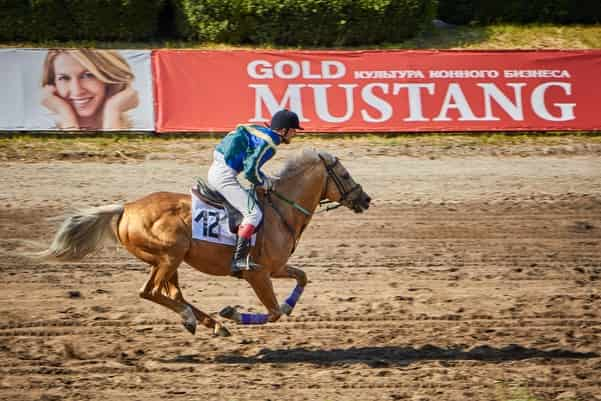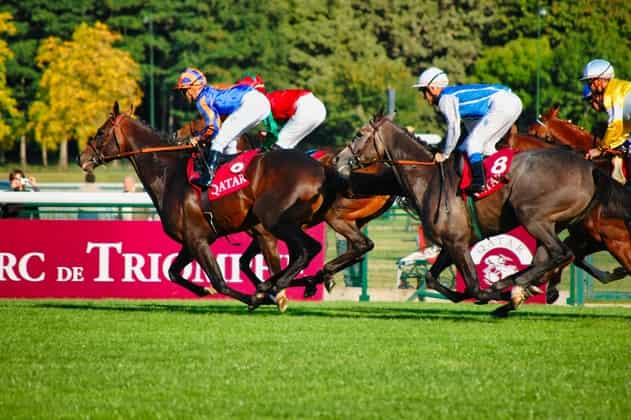Owning a racehorse can be an exciting and rewarding experience, but it is also a significant financial investment that requires careful consideration and planning.
Here are some of the various costs and considerations involved in owning a racehorse:
- Initial Purchase: The cost of purchasing a racehorse can vary greatly depending on factors such as age, pedigree, and racing history. Prices can range from a few thousand dollars to millions of dollars for top-performing horses.
- Training and Boarding: Once you have purchased a racehorse, you will need to provide for its training and boarding. This can include fees for trainers, jockeys, and grooms, as well as the cost of stabling and feed.
- Veterinary Care: Racehorses require regular veterinary care to ensure their health and well-being. This can include routine check-ups, vaccinations, and treatments for injuries or illnesses.
- Risk: Horse racing is a risky business, and there is no guarantee that your horse will be successful on the track. Injuries, illnesses, and poor performance can all impact the value and earning potential of your horse.
- Partnership Options: Owning a racehorse can be expensive, but there are options available for those who may not be able to afford the full cost. One option is to join a partnership or syndicate, which allows multiple individuals to share ownership and expenses.
- Tax Considerations: The tax implications of owning a racehorse can be complex, and it is important to consult with a tax professional to ensure that you are properly reporting income and deductions related to your horse.
- Breeding: For those who own a successful racehorse, breeding can be a lucrative option for generating income. However, breeding also requires additional expenses and expertise, and there is no guarantee that the offspring will be successful on the track.
- Exit Strategy: It is important to have an exit strategy in place before purchasing a racehorse, as there may come a time when you need or want to sell the horse. It is important to have a clear understanding of the market value and potential resale value of your horse before making a purchase.
If You Have It, You Can Make Anything Look Good
Overall, owning a racehorse can be a thrilling and rewarding experience, but it is important to carefully consider the costs and commitments involved. Working with experienced professionals such as trainers, veterinarians, and financial advisors can help ensure that you make informed decisions and maximize your chances for success.





